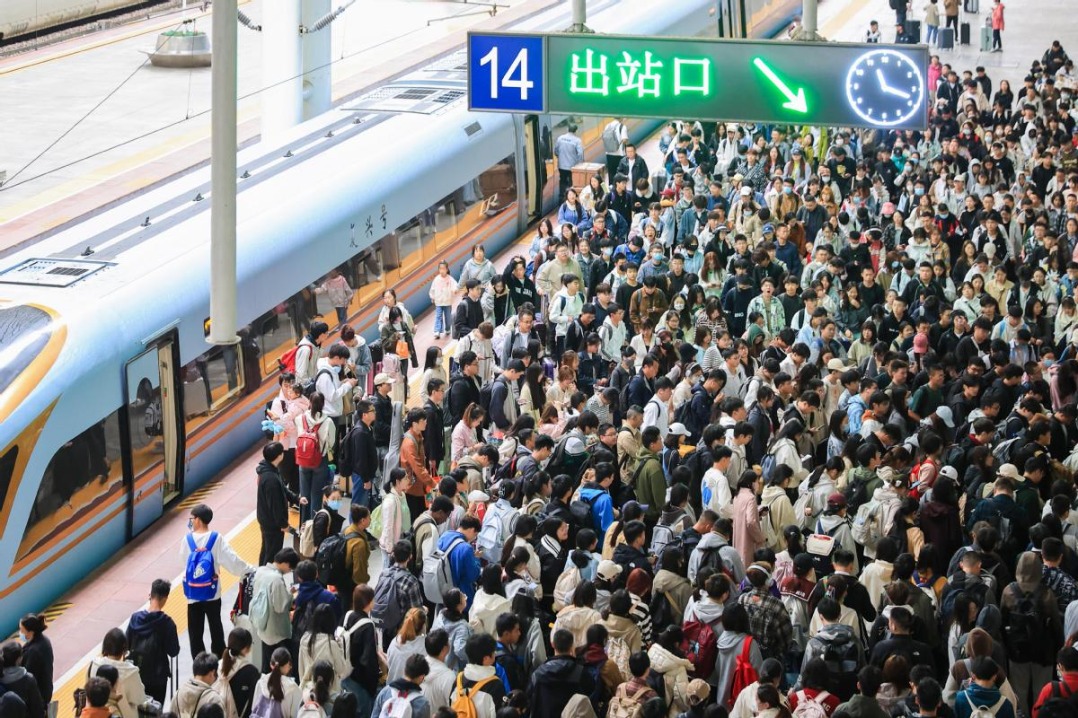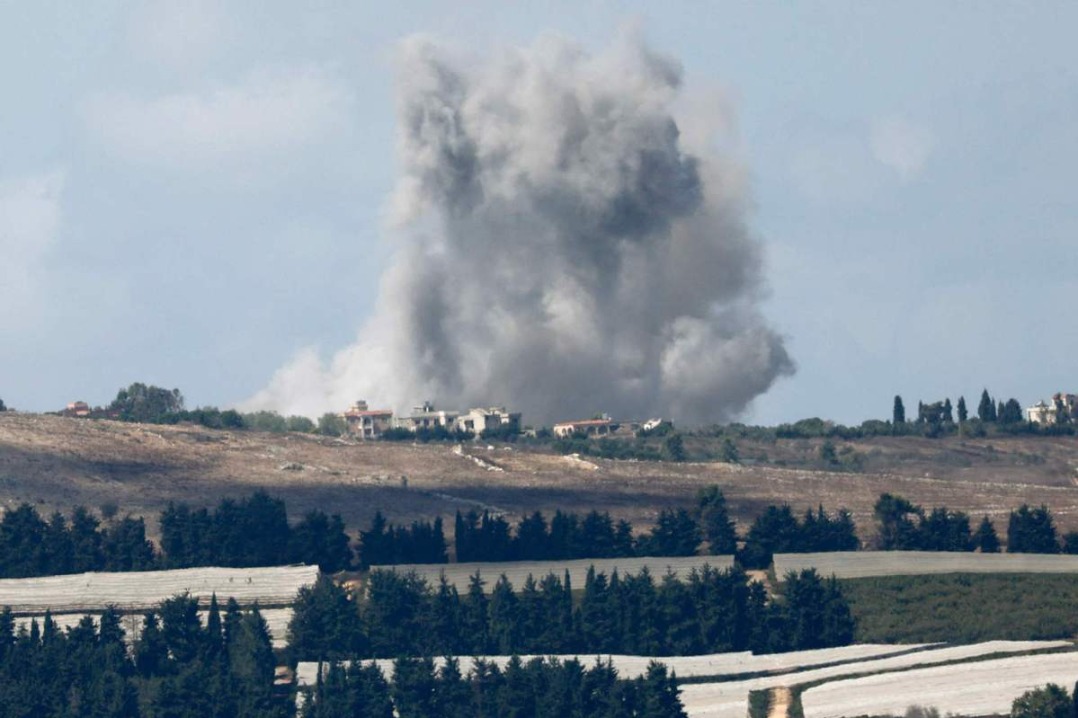Commons diplomacy needed


Renewing the international order is about collective reforms to restore trust in the global governance system
Since the fall of the Soviet Union in 1991, the world has been rocked by the Sept 11 attacks in the United States in 2001, the financial crisis of 2008, the Arab Spring in 2011 and the novel coronavirus outbreak in 2020. These seismic events have also been accompanied by the rise of populism, the growing tensions between the US and China and decline of multilateralism. As a result, the world community is more fragile and more divided than ever, seemingly lacking the spirit and the political tools to find the necessary answers to common challenges.
And beyond those issues, we are threatened by a crisis of our traditional global governance model. The international system is powerless to resolve the conflicts in the Middle East, Africa or the Caucasus.
More than that, our societies are destabilized by a number of unfulfilled promises following the hopes raised after 1945. This is a reality concerning peace and stability eroded by frozen conflicts in Syria, Iraq, Libya, the Sahel and Nagorny Karabakh.
Also, unfulfilled are economic and financial promises, even if some progress has been made after the crisis of 2008. In the case of Europe, we face a lack of productivity, growing inequalities and disruption between growing liquidity and the real economy.
Even more worrying is the lack of effective tools to face the situation. The world community is too often paralyzed because of the inefficiency of the United Nations, which is often blocked at the level of the Security Council, as well as the lack of legitimacy and efficiency of the International Monetary Fund, the World Bank and the World Trade Organization.
At the same time, the governance crisis is deepened by the new ideological competition between the West and the East.
Such a situation leaves the floor to the tyranny of fear, rumors and uncontrolled passions, opening the door to uncontrolled and hazardous adventures.
We should not underestimate the risks that stem from this.
The first one is confrontation, with the threats of extremism and terrorism, as well as identity hysteria and the spiral of isolationism and protectionism becoming more acute.
The second is the risk of the fragmentation of globalization that is likely to make us fall into the Thucydides trap, which will in all likelihood lead to war.
But the main risk will be the severe blow to our civilization from the double challenge of a selfish globalization with the scenario of technology being confiscated to the benefit of a limited group of people and countries to ensure domination, along with uncontrolled global warming that threatens life itself on our planet.
In this context, we should pay strong attention to the strategic triangle of the US-Europe-China, three strong poles of development, three experienced poles that do have a special responsibility for maintaining peace and stability in our world.
Facing the risk of confrontation between the US and China, on political, economic and technological issues, we need to keep in mind how important it is to keep an open world. That is why it is so important to maintain dialogue. At the same time, it is also necessary to discuss common rules that will allow us to resolve differences and find ways to work effectively together.
Europe as a go-between can play a useful role in reducing the opposition and antagonism between the US and China. For example, it is important to continue to push for the implementation of investment agreement between Europe and China. It could well pave the way to a better understanding not only between Beijing and Brussels but also between Beijing and Washington. China and Europe can also cooperate on key issues for the emerging and underdeveloped countries such as the reduction of debts and the vaccine access against the COVID-19.
Today, renewing the international order is about collective reforms and cross-border initiatives. The priority is to restore trust in global governance: We should never forget that global governance is driven by the search for peace.
It is urgent to put in place "commons diplomacy" based on the general interests and some key principles, the equality of all people, the sovereignty of each state and the dignity of all civilization.
The first "common" is of course peace. It implies a profound reform of the UN Security Council concerning both the composition of the council and the use of the veto to override it in the case of humanitarian crisis. A reform of the peacekeeping operation system is also needed to make it more effective.
The second "common" should be the defense of the environment with the creation of a world carbon market and a common tool to fight deforestation.
The third "common" is culture which is the best way to create convergence between countries, societies and civilizations. Knowing and better understanding others will help us find better and fairer solutions to our world awareness for the international community. A strong dialogue of cultures would help us to narrow divergences on human rights and many political issues.
Such "commons diplomacy" should go along with a renewal of multilateralism, to address for example nuclear proliferation, arms control, biodiversity, and the sharing of key technologies such as 5G, artificial intelligence, health data and the internet of things.
Only through concrete partnerships can we share and spread common rules and values. That's what I call project diplomacy, bringing together politics, business and culture as parts of a comprehensive strategy striving for win-win objectives. Such an approach implies the mobilization of various stakeholders, such as governments, companies, nongovernmental organizations and individuals pooling economic resources and political power. In many areas, project diplomacy could help develop economic and cultural bridges.
We are in a time of pain, fear and difficulties. Only by being united, may we be able to address and overcome the unprecedented challenges we face. This is a time for coordinated vision and initiatives.
The author is former prime minister of France and distinguished professor at China Europe International Business School. The author contributed this article to China Watch, a think tank powered by China Daily. The views do not necessarily reflect those of China Daily.

































